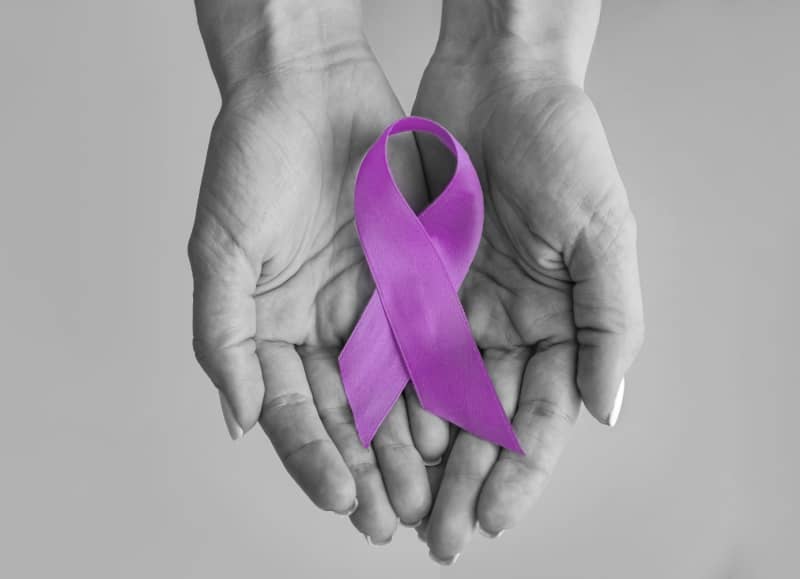The passage of time has not diminished the significance of National Hereditary Breast and Ovarian Cancer Week and National Previvor Day. Thirteen years ago, the US Congress unanimously established this week to shed light on hereditary cancer and its impact on individuals and families. Now, as we enter another year of awareness, it is crucial to expand the conversation to encompass all hereditary cancers.
The UCSF Cancer Genetics and Prevention Program is proud to collaborate with FORCE, a patient advocacy group, to dedicate a week to raising awareness about hereditary cancer. National Hereditary Cancer Week serves as a platform to recognize and honor individuals with genetic mutations that increase their risk of developing cancer, as well as the unwavering support provided by families and caregivers.
This includes those with Lynch syndrome or inherited mutations in genes such as BRCA1/2, ATM, BRIP1, CHEK2, PALB2, PTEN, RAD51C/D, and others associated with hereditary cancer. If you are a hereditary cancer survivor, previvor, caregiver, or family member, this week is an opportunity to celebrate your journey and share vital information to help others who may be at increased risk.
This year, National Hereditary Cancer Week will be observed from September 24 to September 30, with National Previvor Day falling on September 27. The UCSF Cancer Genetics and Prevention Program invites you to join us in commemorating this significant time. Through the collaboration of our program, clinicians, and research partners, we are dedicated to bringing attention to this crucial topic.
If you are a healthcare professional, this serves as a reminder to consider your at-risk patients and explore the available resources and clinics. For more information, please visit http://cancer.ucsf.edu/. By educating ourselves and others about hereditary cancer, we have the power to save lives and make a lasting impact.
National Hereditary Cancer Week is an opportunity to shine a spotlight on this important issue, impart knowledge, and ultimately, contribute to the well-being of individuals and families affected by hereditary cancer.
Together, we can make a difference.
